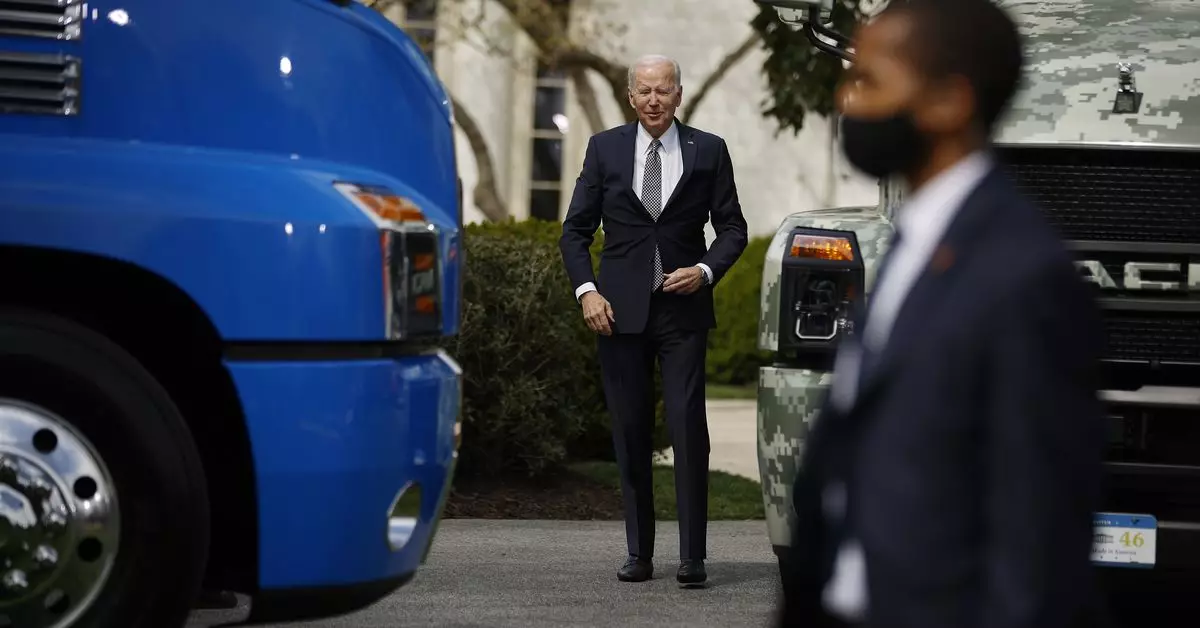The Biden administration recently released a new vehicle emission rule that has raised eyebrows among environmentalists and the auto industry alike. Unlike the initial proposal by President Biden, the new rules only require a 2 percent increase in fuel economy per year for model years 2027–2031 for passenger cars and light trucks, rather than the more ambitious target of 55 miles per gallon by 2026 for passenger vehicles.
Reactions to the New CAFE Standards
The auto industry has praised the new Corporate Average Fuel Economy (CAFE) standards, calling them “good and appreciated.” However, there are questions about the necessity of these standards in an industry that is rapidly moving towards electrification. Environmental groups have grumbled about the less stringent rules, but many agree that they will lead to less pollution and cleaner vehicles in the long run.
While the US has made some progress in improving fuel economy over the years, the country is still struggling to meet the deadlines that are rapidly approaching. The love for large trucks and SUVs in America has resulted in automakers lagging behind their competitors in terms of achieving higher miles per gallon of gas.
Despite the less ambitious targets set by the new rules, the National Highway Traffic Safety Administration (NHTSA) claims that the new fuel economy standards will lead to an average of approximately 50.4 miles per gallon by model year 2031. According to Katherine García, the director of the Sierra Club’s Clean Transportation for All Campaign, these standards will improve gas mileage, reduce the burden of high gas prices on American families, and decrease the nation’s oil consumption.
The Biden administration’s new vehicle emission rule has sparked mixed reactions from various stakeholders. While the auto industry welcomes the less stringent standards, environmental groups are concerned about the lack of ambition in achieving cleaner vehicles. The challenge remains for the US to meet its fuel economy targets amidst a growing affinity for larger vehicles that are not as fuel-efficient. It is crucial for all parties involved to work together to find innovative solutions that will lead to a more sustainable future for the auto industry.


Leave a Reply